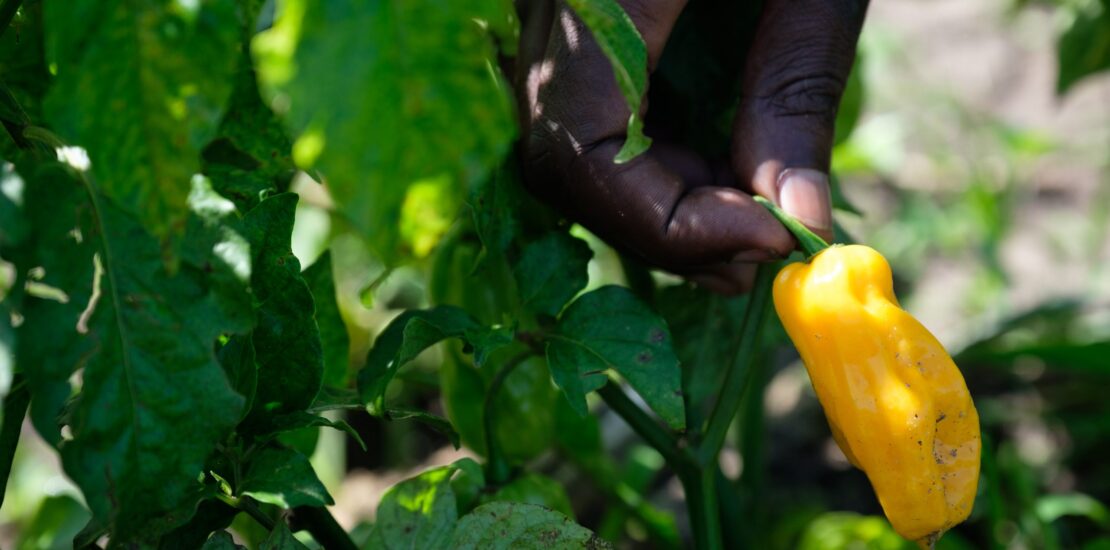Setting up an internal audit system
- 27/05/2021
- Posted by: Gaetan Dermien
- Category: Burkina Faso, Capsicum, Côte d'Ivoire, Guinea, Madagascar, Mali, Senegal

This new training series, “Setting up an internal audit system at the level of National Plant Protection Organisations”, has just been launched in French with participation of the NPPOs of six countries: Burkina Faso, Côte d’Ivoire, Guinea, Madagascar, Mali and Senegal. This online training is taking place over seven weeks in May and June, and a repeat session will be offered in August. The course materials are currently being translated, and a training series for NPPOs in English-speaking countries will take place in September.
The aim is to strengthen the skills of NPPOs to improve their inspection and certification systems through the implementation of an internal audit system, in order to comply with national and international requirements. The course enables participants to assess the effectiveness of management measures at different stages of the value chain; to ensure that the system achieves its objectives; and to stimulate and promote continuous improvement in collaboration with all stakeholders (public and private) of the country’s export sector.
You can access more information on the training here.
The need for an internal audit system
The revised EU Plant Health Regulation 2016/2031 brought in more stringent rules aiming to prevent the introduction and spread of plant pests and diseases in the EU. As a result, exports of some horticultural products can only take place if they comply with one of the options stated in the Commission Implementing Regulation (EU) 2019/2072. For example, some products such as Capsicum should come from a country, an area, or a place of production recognised as being free from the pest or disease in question (options 1–3); or products must be subject to an effective systemic approach or post-harvest treatment (option 4). Countries taking option (4) must submit a dossier to the EU’s DG SANTÉ for approval; once validated, it is the responsibility of the NPPO to follow up and report on the effectiveness of the measures taken, hence the importance of putting an internal audit system in place.
This activity is supported by the Fit For Market SPS programme, implemented by COLEACP within the Framework of Development Cooperation between the Organisation of African, Caribbean and Pacific States (OACPS) and the European Union.





![EU and GB MRL changes in 2024 (May– August 2024) 9-FFM+-[ENG]](https://news.colead.link/wp-content/uploads/2024/06/9-FFM-ENG-150x150.jpg)